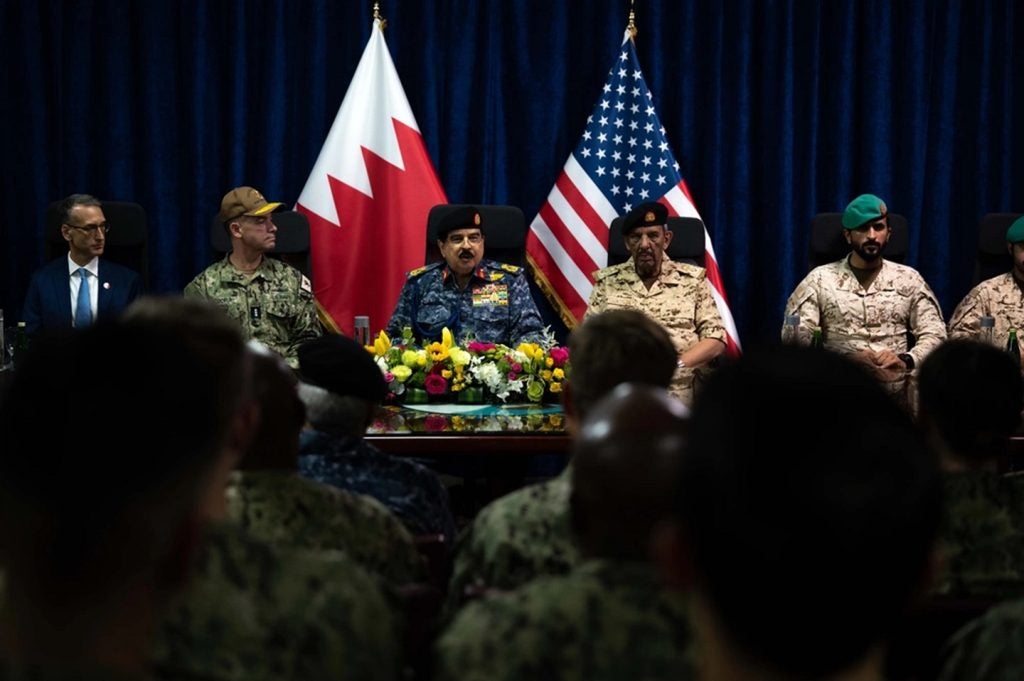
The UK will suspend the sharing of military information with Russia following the latter’s failure to comply with the Treaty on Conventional Armed Forces in Europe (CFE), Europe minister David Lidington has revealed.
Lidington said in a written statement to parliament: "For as long as the Russian Federation fails to fulfil its obligations towards the UK under the CFE Treaty, we will cease fulfilment of our key obligations towards the Russian Federation."
The decision comes after a mutually acceptable resolution could not be agreed upon with Russia, which suspended its observance to the CFE in 2007, refusing to accept inspections or provide 30 signatory countries with military information.
Russia had sought to renegotiate the CFE treaty in the late 1990s after claiming that its bloc-based provisions were obsolete, following which an updated treaty was signed in 1999.
The Nato countries, however, refused to ratify it and demanded the withdrawal of Russian troops from Georgia and the Moldovan Trans-Dniester region.
How well do you really know your competitors?
Access the most comprehensive Company Profiles on the market, powered by GlobalData. Save hours of research. Gain competitive edge.

Thank you!
Your download email will arrive shortly
Not ready to buy yet? Download a free sample
We are confident about the unique quality of our Company Profiles. However, we want you to make the most beneficial decision for your business, so we offer a free sample that you can download by submitting the below form
By GlobalDataThe CFE treaty, signed in 1990 between 16 Nato states and the former Warsaw Pact countries, limits the number of troops, tanks, aircraft and other major non-nuclear weapons deployed and stored between the Atlantic and Russia’s Ural mountains.
The accord also set ceilings on the exchange of information, bilateral inspections and on-site monitoring of the destruction of weapons.
The US also halted data exchanges with Moscow last week but said that the nation will still continue to monitor weapons limits under the treaty.
US State Department spokeswoman Victoria Nuland said that as a consequence the US will also not allow Russian inspections in its military bases.
"We are not giving up on conventional arms control nor are we giving up on the possibility of saving and modernising the Conventional Forces in Europe Treaty," she said. "We are simply saying that at this stage, after four years of non-Russian implementation… we think that it’s important to take some countermeasures vis-a-vis Russia."
Meanwhile, 14 other Nato countries including Germany have also agreed to stop the flow of armament information to Russia.




